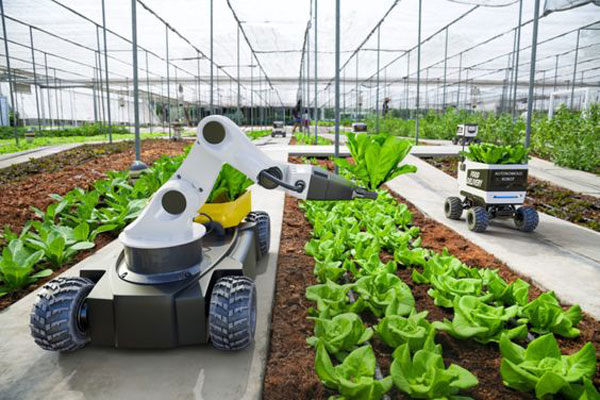Brinjal
Leaf Spot

Cercospora melongenae
Fungal Disease

Cercospora melongenae
Fungal Disease

Cercospora melongenae
Fungal Disease

Cercospora melongenae
Fungal Disease

Cercospora melongenae
Fungal Disease
Cercospora melongenae: A Threat to Eggplant Cultivation
Introduction
Cercospora melongenae is a plant-pathogenic fungus responsible for Cercospora leaf spot disease in eggplants (Solanum melongena). The disease primarily affects leaves and stems, leading to premature defoliation and reduced yield. This polycyclic pathogen thrives in moist environments, spreading through wind, rain, and agricultural practices.
Disease Development and Favorable Conditions
- The fungus enters through breaks or lesions in the young leaves of eggplants.
- Wet or humid conditions favor infection, with the pathogen spreading through rain splash and wind.
- Fruiting structures are larger and more prolific during a rainy season compared to dry periods.
- High relative humidity and prolonged leaf wetness accelerate disease progression.
- Symptoms often manifest at the end of the rainy season or early dry season.
- Less susceptible varieties, such as the Siamese variety, may show delayed symptom expression.
- The fungus can survive in plant debris or soil for at least a year.
Symptoms
- Symptoms primarily appear on older, lower leaves before spreading upwards.
- Initial spots are small, circular to oval, and chlorotic.
- Spots may develop angular or irregular shapes, resembling bacterial leaf spots.
- Dark tan centers with black stomatal spots distinguish fungal lesions from bacterial ones.
- Lesions may occur on leaf blades, veins, and petioles, with brown to steel-gray coloration on the upper surface and light brown on the lower surface.
- Severe infections cause leaf curling, premature defoliation, and reduced plant growth.
Disease Management
Cultural Practices
- Maintain proper field sanitation by removing and destroying infected crop residues.
- Use disease-free transplants to prevent pathogen introduction.
- Control weeds to reduce humidity in the plant canopy.
- Irrigate in the morning to prevent prolonged leaf wetness overnight.
- Avoid over-irrigation and overhead sprinklers to minimize humidity and fungal spread.
- Increase plant spacing to improve aeration and drying of foliage.
- Avoid handling wet plants to prevent spore dispersion.
- Use balanced fertilization to maintain plant health.
- Intercrop eggplant with other crops to reduce pathogen transmission.
- Grow eggplant under protective covers like greenhouses or shade cloth to minimize leaf wetness.
Chemical Control
- Apply protectant fungicides on a calendar-based schedule combined with cultural practices to reduce disease severity.
Conclusion
Cercospora melongenae poses a significant threat to eggplant crops by causing severe leaf damage and yield reduction. Effective management relies on integrated approaches, including sanitation, cultural controls, and judicious fungicide use. Ensuring proper field hygiene and environmental control can mitigate the impact of this disease and sustain healthy eggplant production.




